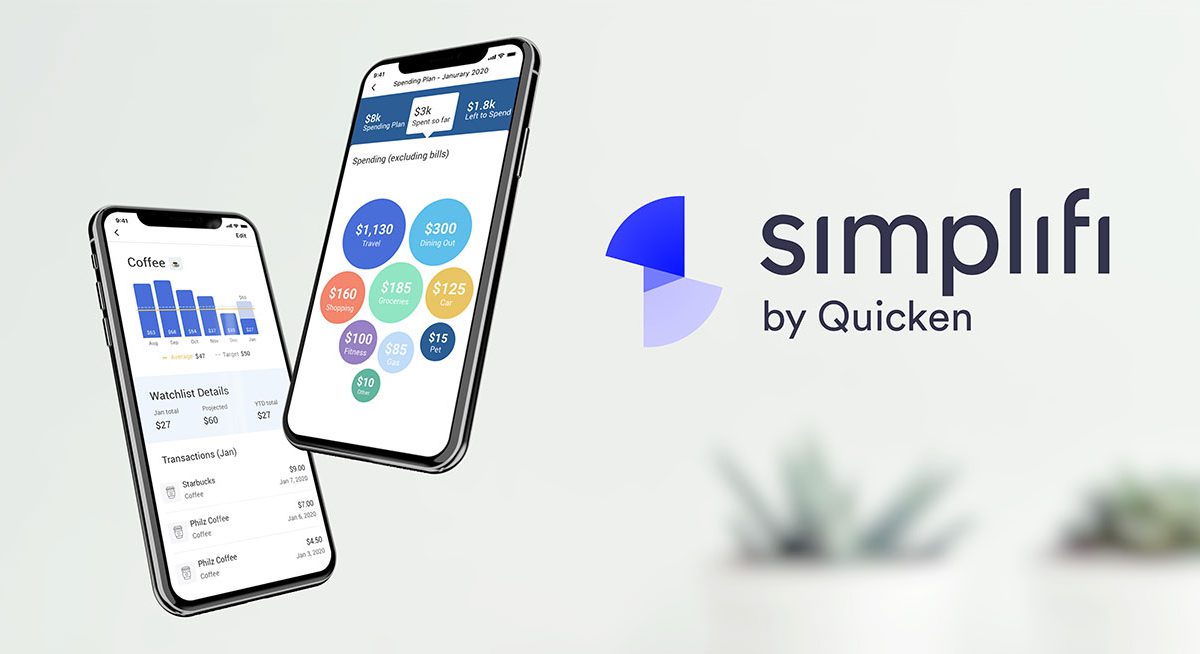National Financial Awareness Day
Did you know that August 14th is National Financial Awareness Day? There’s no better time to revisit your budget and brush up on financial best practices.
Father’s Day Financial Advice from Quicken
This Father’s Day, we asked our Quicken experts for their best financial advice and compiled it into a list of our top 10 tips for a healthy financial life.
7 Ways to Better Manage Your Spending and Improve Your Financial Well-being with Simplifi
Take control of your spending and improve your financial well-being. Use these 7 easy tips to know where you stand so you can make good choices.
Award-Winning Personal Finance App Simplifi By Quicken Raises the Bar Again
Named Best Budgeting App by The New York Times Wirecutter, Simplifi announces a new set of features and insights to help you keep your finances on track.
Finding a “New Normal”: How to Get Your Finances Back on Track after COVID
The first few months of COVID-19 lockdown was a blur. Here’s how to get your finances back on track now.
3 Experts Share Why You Need a Financial Accountability Partner
When you’re working toward financial goals, having someone in your corner to cheer you on can make a big difference. Whether you’re paying down debt, saving for retirement, building an emergency fund, or trying to stick to a budget, the practical steps are easy to…
How to Find an Apartment You Can Afford (Even in a Pandemic)
Is rent stretching you too thin? Here’s how to find an apartment you can afford without sacrificing your lifestyle (or your wishlist).
How to Get Your Subscriptions Under Control
Thanks to the rise of cloud services, the average American spends $237 on monthly subscriptions. Here’s how to get them under control.
Watching Your Wallet: When Little Things Add Up
It’s amazing how fast small purchases can add up. Here’s a great way to protect your wallet while still enjoying those occasional indulgences.
The 2019 Tax Filing Deadline Extension: Pay Now or Wait?
As part of its response to the COVID-19 pandemic, the Internal Revenue Service extended the 2019 tax filing deadline and payment due dates to July 15th. The additional three months takes some tax-related stress out of an already stressful time, but you may still want…









